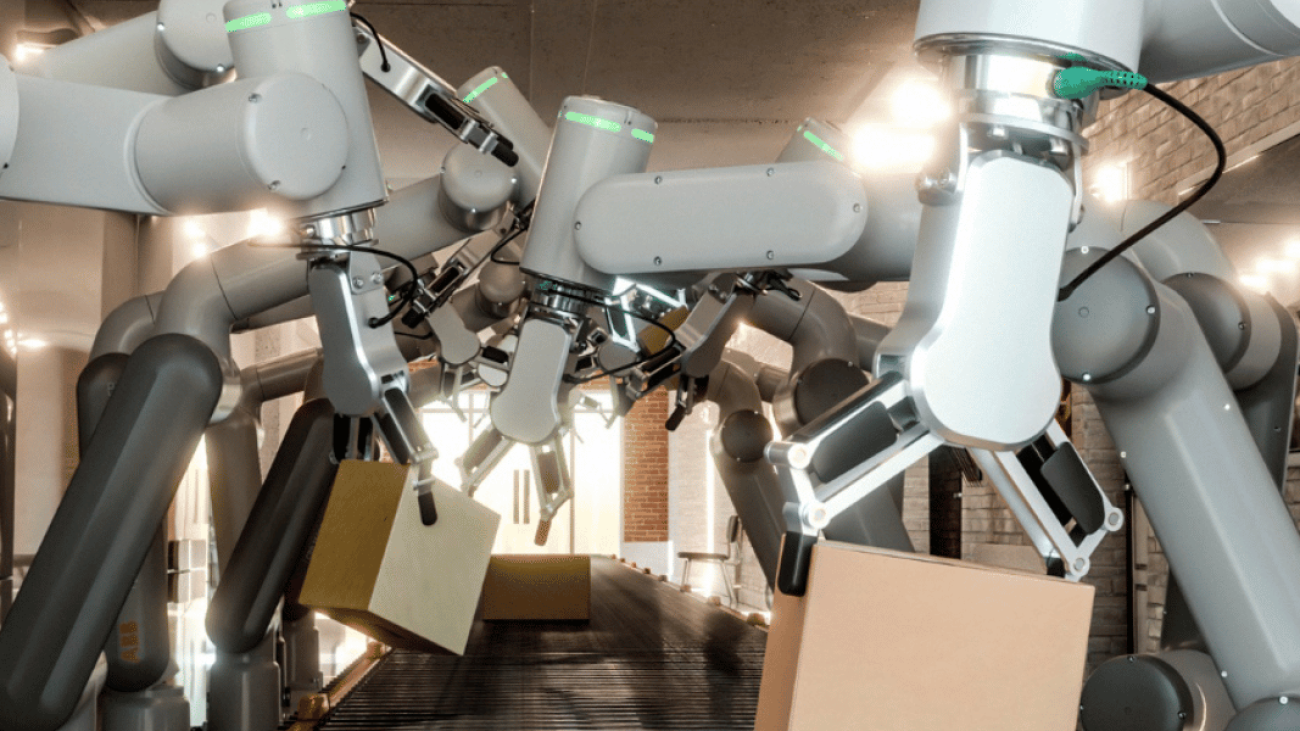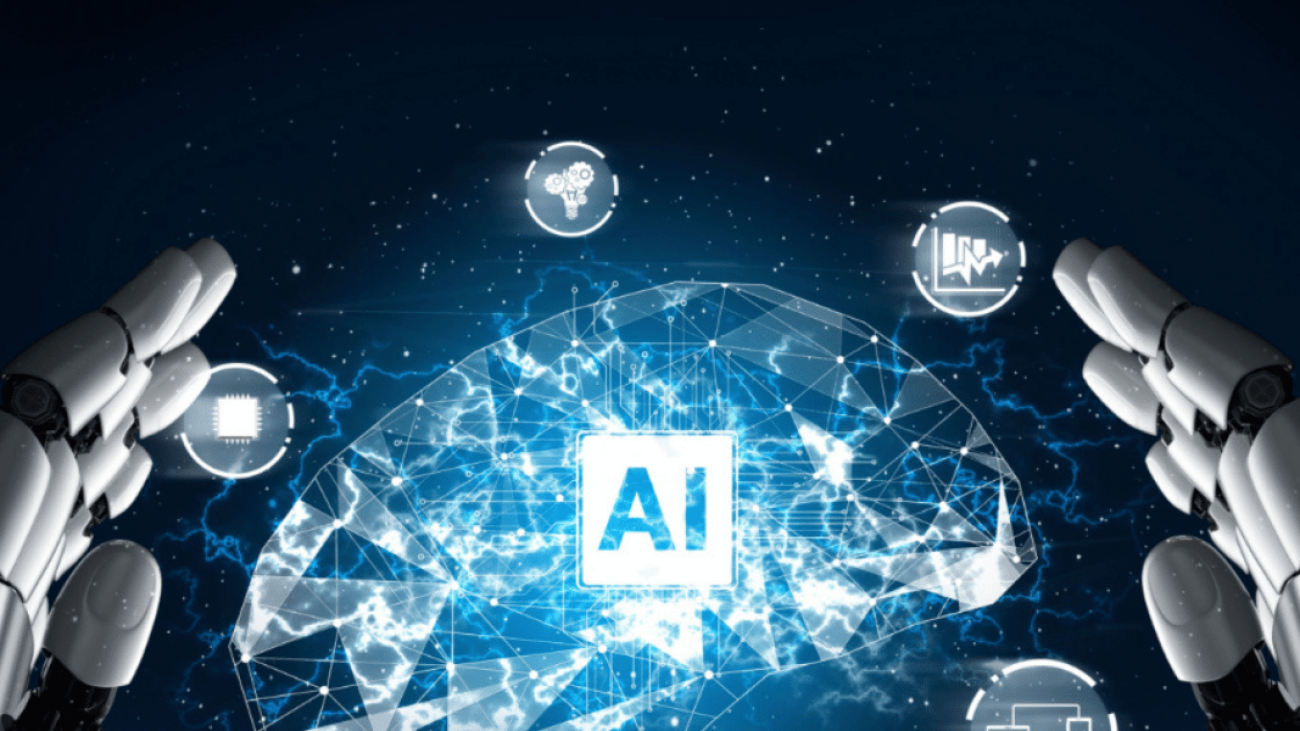In today’s fast-paced manufacturing environment, quality control is unavoidable. However, typical visual inspection procedures are time-consuming, error-prone, and inefficient. However, with the introduction of AI technology, a new era of industrial excellence has begun. Enter AI-powered visual inspection, a game changer for emerging entrepreneurs and businesses looking to disrupt the sector.
The Rise of AI in Manufacturing:
AI is replacing human inspectors as the primary means of detecting problems in manufacturing. AI-driven visual inspection uses machine learning algorithms to assess large volumes of visual data with unprecedented speed and precision. This technology can detect faults, anomalies, and deviations with greater precision than humans, resulting in optimal product quality and less costly errors.
Streamlining Operations:
Efficient operations are crucial for startups and young entrepreneurs’ success. AI-powered visual inspection improves production efficiency by automating laborious and repetitive processes. Companies that reduce the requirement for human inspection can considerably reduce production time and expenses while increasing output. This not only helps the bottom line but also frees up important resources for emphasis on innovation and growth.
Improving Quality Control
Quality is the foundation of any successful business. Manufacturers can maintain the highest quality control requirements while being efficient using AI-driven visual inspection. Companies that regularly analyse and refine their inspection systems can spot potential issues before they escalate, guaranteeing that only flawless items reach customers’ hands. This not only fosters trust and loyalty, but also generates a market-leading reputation.
Adapting to Change
Adaptability is crucial in the ever-changing production landscape. AI-powered visual inspection gives the flexibility required to adapt to shifting market needs and technology breakthroughs. Whether increasing operations or launching new product lines, this technology can readily adapt to the changing needs of the business, empowering startups and young entrepreneurs.
The Future Is Now:
The future of manufacturing has arrived, and it is propelled by AI-powered innovation. For young entrepreneurs and businesses aiming to make their mark in the industry, adopting AI-driven visual inspection is not just an option; it is a requirement. Companies that leverage the potential of this disruptive technology can modernise their operations, improve product quality, and gain a competitive advantage in the marketplace.





